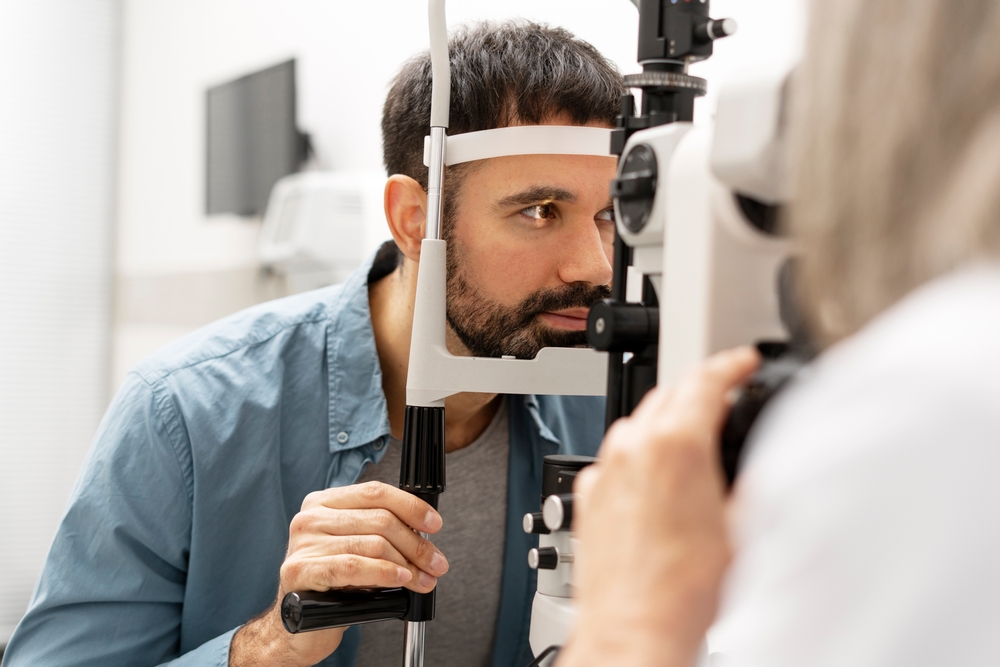OFFICE ADDRESS:
6247 Jarvis Ave
Newark, CA 94560

When it comes to maintaining your health, vision is often overlooked until problems arise. However, just like a yearly physical or dental cleaning, regular eye exams play a crucial role in preserving your overall well-being. At Bella Eye Care Optometry, we believe that proactive care is the best way to protect your sight and detect issues before they become serious.
Why Are Regular Eye Exams Important?
Comprehensive eye exams do more than just update your prescription. They help detect a wide range of vision and health problems, including glaucoma, cataracts, macular degeneration, and even signs of systemic conditions such as diabetes or high blood pressure. Early detection through regular exams allows for timely treatment and better long-term outcomes.
How Often Should You Have an Eye Exam?
For most adults, a comprehensive eye exam is recommended once every year. This annual checkup ensures that your vision is functioning properly and helps monitor for any changes that could indicate underlying health concerns. For children, yearly exams are recommended to ensure optimal development and academic performance.
Even if you've had LASIK or PRK surgery, regular eye exams remain important. These procedures correct your vision, but they don’t eliminate the need for health screenings. Exams help detect underlying conditions, monitor for dryness or allergies, and ensure overall ocular health remains stable.
Who Might Need More Frequent Eye Exams?
Certain individuals may benefit from more frequent eye exams due to a higher risk of vision problems or underlying health conditions:
People with diabetes or high blood pressure: Annual exams are crucial to catch early signs of damage to the blood vessels in the eyes.
Individuals with a history of cancer: Breast cancer is the leading cause of metastatic cancer to the eye in women, and lung cancer for men. A dilated eye exam can reveal signs of metastasis early, making regular exams vital for those with a cancer history.
Those with a family history of eye disease: Conditions like glaucoma and macular degeneration are often hereditary and may develop silently. Frequent monitoring is key.
Contact lens wearers: Regular exams ensure lenses are fitting correctly, remain comfortable, and are not causing complications like corneal damage.
Individuals over 60: The risk for cataracts, glaucoma, and age-related macular degeneration increases with age. Frequent eye care is essential for prevention and early treatment.
Those with high prescriptions or complex vision issues: These patients may be more susceptible to retinal conditions and need closer monitoring.
The Role of Advanced Imaging with Optos
We also offer Optos ultra-widefield imaging, a non-invasive tool that allows us to view more of the retina without dilation. This technology can detect early signs of retinal disease, tumors, and other issues that might otherwise go unnoticed. While not a replacement for a dilated exam, it provides an exceptional screening tool for ongoing eye health.
Schedule Your Next Eye Exam Today
Regular eye exams are a simple yet powerful way to stay ahead of potential problems, ensure comfortable vision, and support your overall health. Whether it has been a while since your last visit or you are managing a specific condition, our optometrists are here to provide expert, compassionate care.
Schedule your comprehensive eye exam at Bella Eye Care Optometry to protect your vision and stay ahead of potential issues. Visit our office in Newark, California, or call (510) 494-8880 to book an appointment today.









